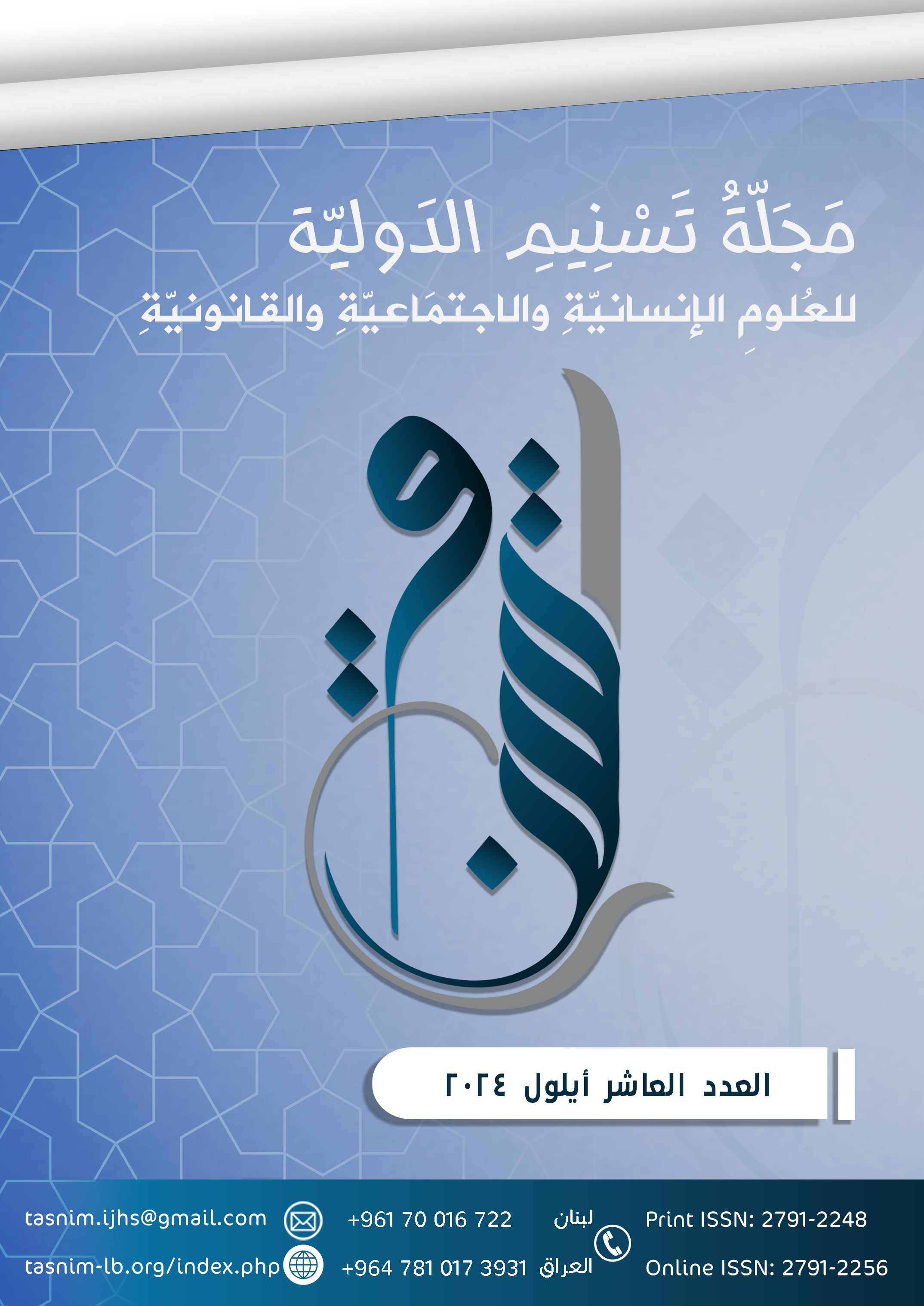المنهج المعتدل في زمن النزاع بين الأخباريين والأصوليين الحرّ العامليّ اختياراً
DOI:
https://doi.org/10.56924/tasnim.10.2024/21Keywords:
الحر العاملي, الاعتدال, الأصوليون, الأخباريونAbstract
One of the prominent features of conflicts at all levels and types is their direct reflection on the production and cognitive effort of the parties to the conflict. This is evident in a discourse that reflects the nature of the dispute in all its dimensions, avoiding objectivity in all its details, and at best not being fair to the other in it. In light of this prevailing atmosphere, there is no shortage of moderate discourse, despite its scarcity, which takes the path of objectivity, fairness, and respect for the other party to the conflict, and stays away from issues that do not relate to the core of the conflict, near or far. From this standpoint, this study was concerned with examining the outcomes of the dispute between the fundamentalists and the Akhbaris between the first and thirteenth centuries, and the resulting extremist discourse the likes of which the history of the Imamis had not witnessed. The matter reached the point of prohibiting some from touching the books of the other party, and the works witnessed the emergence of slander and slander against scholars without any basis or evidence. All of this falls into the category of extremism, which reflects actions and words at the same time. In its other part, the study also aimed to highlight the moderate discourse in the midst of this conflict by examining the personality of Sheikh Muhammad bin Al-Hassan bin Ali, known as (Al-Hurr Al-Amili), the owner of means, who was praised by the leadership of the Akhbaris at that time, and he was its greatest sheikh. Despite this, Al-Hurr Al-Amili was concerned only with scientific reality, and enjoyed a moderate discourse that is evident in: 1- Relying on the cognitive dimension of the dispute, and citing fundamentalist opinions. 2 - His respect and reverence for scholars from the other side and his lack of slander and slander. The result of this moderate cognitive discourse was that Sheikh Al-Amili assumed a great position in jurisprudential research in ancient and modern times, and the words did not differ in his position and jurisprudence. His presence at that time constituted a turning point for an intellectual dispute regarding the tools of deduction that was shifted from its path and took an extreme face, so the moderate face was in it.
Downloads

Downloads
Published
How to Cite
Issue
Section
License
Copyright (c) 2024 Tasnim International Journal for Human, Social and Legal Sciences

This work is licensed under a Creative Commons Attribution-NonCommercial-NoDerivatives 4.0 International License.





